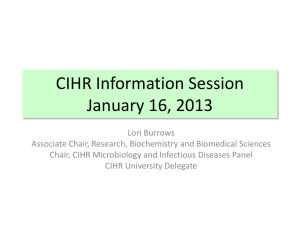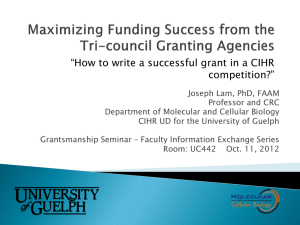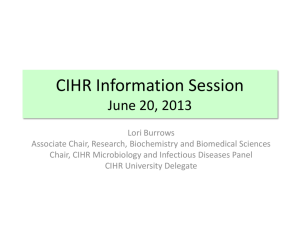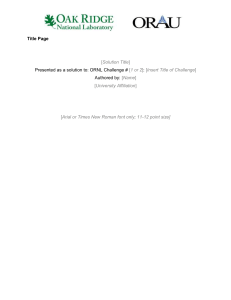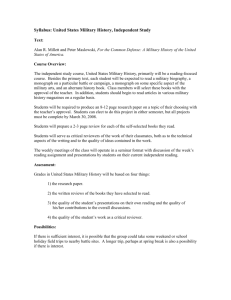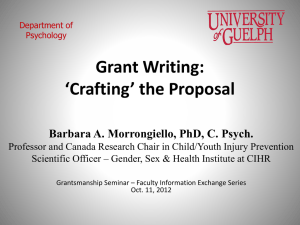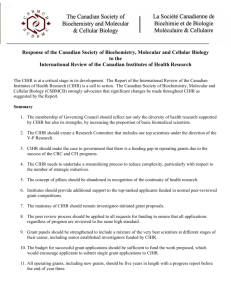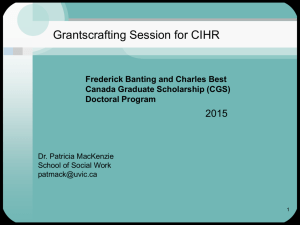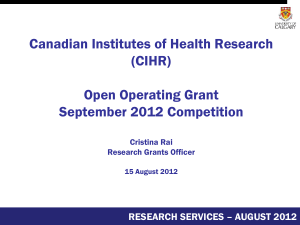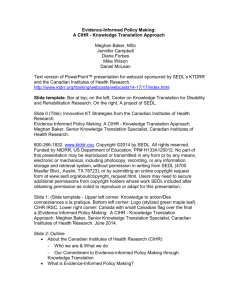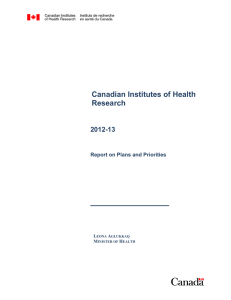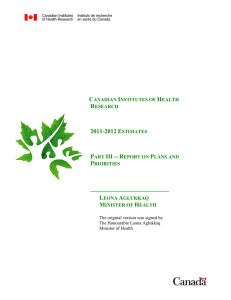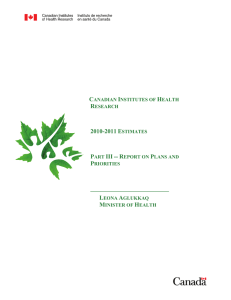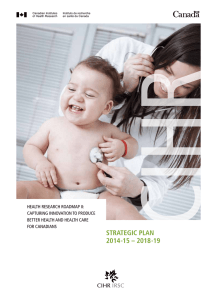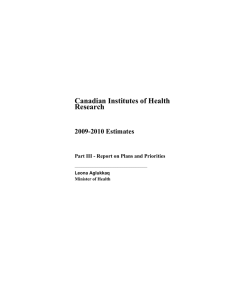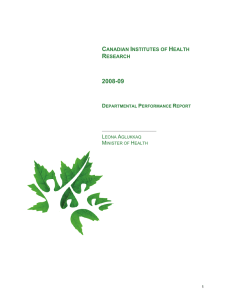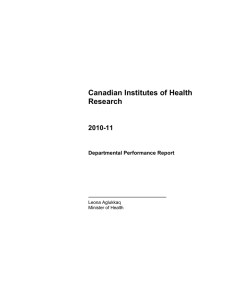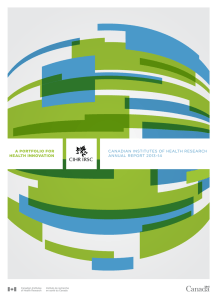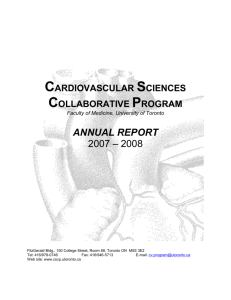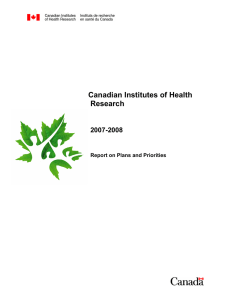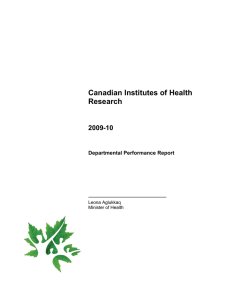Writing Scholarship Applications
advertisement
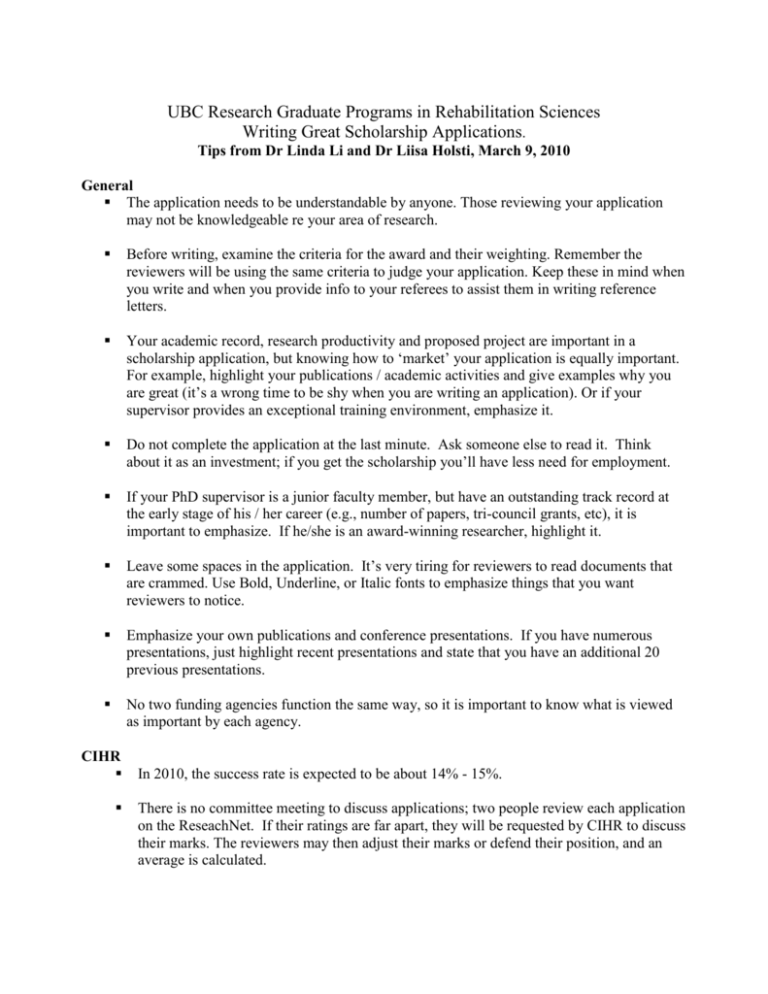
UBC Research Graduate Programs in Rehabilitation Sciences Writing Great Scholarship Applications. Tips from Dr Linda Li and Dr Liisa Holsti, March 9, 2010 General The application needs to be understandable by anyone. Those reviewing your application may not be knowledgeable re your area of research. Before writing, examine the criteria for the award and their weighting. Remember the reviewers will be using the same criteria to judge your application. Keep these in mind when you write and when you provide info to your referees to assist them in writing reference letters. Your academic record, research productivity and proposed project are important in a scholarship application, but knowing how to ‘market’ your application is equally important. For example, highlight your publications / academic activities and give examples why you are great (it’s a wrong time to be shy when you are writing an application). Or if your supervisor provides an exceptional training environment, emphasize it. Do not complete the application at the last minute. Ask someone else to read it. Think about it as an investment; if you get the scholarship you’ll have less need for employment. If your PhD supervisor is a junior faculty member, but have an outstanding track record at the early stage of his / her career (e.g., number of papers, tri-council grants, etc), it is important to emphasize. If he/she is an award-winning researcher, highlight it. Leave some spaces in the application. It’s very tiring for reviewers to read documents that are crammed. Use Bold, Underline, or Italic fonts to emphasize things that you want reviewers to notice. Emphasize your own publications and conference presentations. If you have numerous presentations, just highlight recent presentations and state that you have an additional 20 previous presentations. No two funding agencies function the same way, so it is important to know what is viewed as important by each agency. CIHR In 2010, the success rate is expected to be about 14% - 15%. There is no committee meeting to discuss applications; two people review each application on the ReseachNet. If their ratings are far apart, they will be requested by CIHR to discuss their marks. The reviewers may then adjust their marks or defend their position, and an average is calculated. Look at the website and use CIHR buzz words and definitions, e.g. If you use the terms “patient oriented research”, “integrated knowledge translation”, you need to apply the same definition used by the CIHR Reference letters are extremely important. When funding is tight you need 3 solid references. Indifferent letters and canned letters are noticed. The content of the reference is more important than the rank of the individual writing the letter. Obtain references from the highest ranked people who know you best. The referee should provide concrete examples to support their statements. A statement such as “ this person is in the top 2% of students I have supervised over the last 20 years” is very helpful. Michael Smith The research project, research environment (the supervisor) and how your research is aligned to that of the supervisor are weighted more heavily than the reference letters. A Michael Smith buzz word is “return on investment” The reviewers meet for a day to discuss applications.
